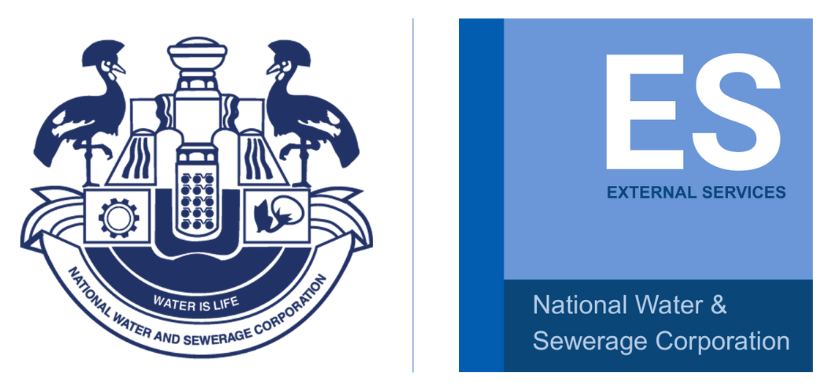Capacity Building & Training
For two decades, NWSC External Services has been at the forefront of empowering water utilities across Africa. Through a comprehensive suite of training programs and the esteemed Vocational Skills Development Facility (VSDF) in Gaba, we have equipped countless professionals with the knowledge and skills necessary to deliver sustainable and efficient water services.
Our Impact:
- Improved Operational Efficiency: Our training programs have enabled water utilities to optimize their operations, reduce non-revenue water, and enhance water production and distribution.
- Enhanced Financial Sustainability: We have guided utilities in developing sustainable tariff structures, improving revenue collection, and optimizing financial management.
- Strengthened Customer Service: Our focus on customer-centric approaches has led to improved customer satisfaction, efficient complaint resolution, and stronger community engagement.
- Developed a Skilled Workforce: The VSDF has nurtured a generation of highly skilled professionals in plumbing, electrical, mechanical, and water quality control, contributing significantly to the growth of the water sector.
Standard Courses:
- Change Management for Water Infrastructure: Navigating the complexities of infrastructure upgrades and system improvements.
- Utility Management for Local Governments: Enhancing the capacity of local authorities to effectively manage water resources.
- Performance Improvement Approaches & Business Planning: Developing strategic plans for operational excellence and financial growth.
- Utility Infrastructure & Systems Management: Mastering the intricacies of water supply and sanitation systems.
- Utility Management & Regulation: Understanding the regulatory framework and navigating compliance requirements.
- Non-Revenue Water Reduction: Implementing strategies to minimize water losses and optimize resource utilization.
- Training for Plumbers, Surveyors, & Technicians: Equipping skilled tradespeople with the latest techniques and industry best practices.
- Financial Management & Tariff Setting: Ensuring financial sustainability through effective cost recovery and optimized tariff structures.
- Improved Operational Efficiency: Our training programs have enabled water utilities to optimize their operations, reduce non-revenue water, and enhance water production and distribution.
- Enhanced Financial Sustainability: We have guided utilities in developing sustainable tariff structures, improving revenue collection, and optimizing financial management.
- Strengthened Customer Service: Our focus on customer-centric approaches has led to improved customer satisfaction, efficient complaint resolution, and stronger community engagement.
- Developed a Skilled Workforce: The VSDF has nurtured a generation of highly skilled professionals in plumbing, electrical, mechanical, and water quality control, contributing significantly to the growth of the water sector.
Specialized Courses:
- Occupational Health & Safety: Prioritizing employee safety and well-being in the workplace.
- Water Safety Plans: Implementing robust plans to ensure the safety and quality of drinking water.
- GIS, Survey & Mapping: Utilizing geospatial technologies for improved planning, monitoring, and asset management.
- IT/Billing Systems: Leveraging technology for efficient billing, customer service, and data management.
Vocational Training at VSDF:
- Industrial Plumbers: Developing skilled professionals in installation, maintenance, and repair of water systems.
- Electrical & Mechanical Technicians: Equipping individuals with expertise in electrical and mechanical systems within the water sector.
- Customer Service Advisors: Enhancing customer service skills and building strong customer relationships.
- Water Quality Control Technicians: Training professionals in water quality testing, analysis, and treatment.
NWSC External Services is committed to continuous improvement and innovation in our training programs.
- Tailor training to specific needs: Addressing the unique challenges and priorities of each utility.
- Employ experienced trainers: Leveraging the expertise of industry professionals and academics.
- Promote practical learning: Emphasizing hands-on experience and real-world application of knowledge.
- Foster long-term sustainability: Equipping utilities with the tools and knowledge to sustain improvements over time.
